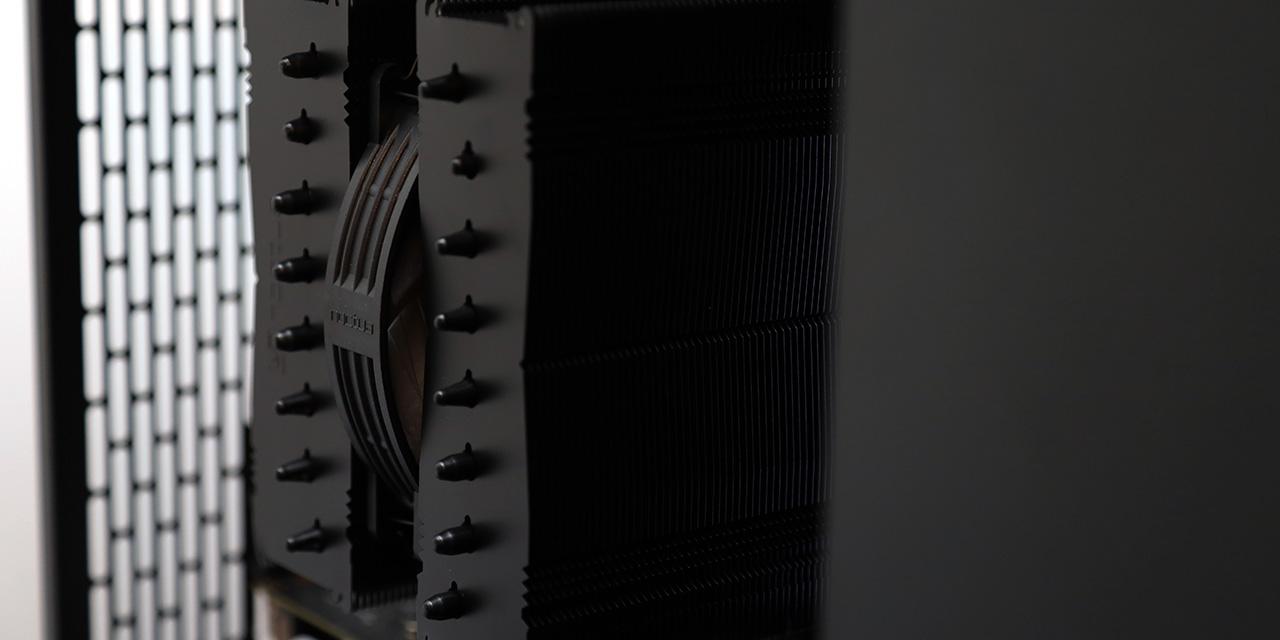|
From X-bit Labs: Solid-state drives (SSDs) are finally here: they are available in quantities from many manufacturers and they can provide real benefits at rather high price. However, it will take some time before SSDs will become popular or enter the mainstream market. It will definitely not happen this year, according to chief financial officer of the world’s largest maker of hard disk drives (HDDs). “We w will not give the revenue expectations [for SSDs], but it is still a nascent market. Very much so,” said Patrick O'Malley, chief financial officer of Seagate during quarterly conference call with financial analysts. At present Seagate only ships solid-state drives for enterprise systems. Still, these SSDs are not equipped with enterprise-class Serial Attached SCSI (SAS) interconnection, but utilize more widespread Serial ATA technology. According to the company, its customers receive the SSDs, which feature quite conservative specifications and are hardly performance champs, quite well and later this year the company plans to offer SAS-based SSDs. “The early samples that we have shipped out have been very well received. Pleasantly surprised, I would say, relative to the trade-offs we have made in reliability, performance, cost and capacity. Of course, you know about the right endurance challenges that these drives have. I think we are engineering with that in mind foremost to make sure it meets enterprise reliability grades. The SAS offerings will be later this year. I think we will continue to develop exactly what the customer’s need timing wise and need for launching their systems,” said Stephen Luczo, chief executive and chairman of Seagate. Seagate Technology this week reported financial results for the second quarter of fiscal 2010 ended January 1, 2010 of 49.9 million disk drive unit shipments (it is unclear how many of those drives are SSDs, but the vast majority are definitely HDDs), revenue of $3.03 billion, gross margin of 30.5%, net income of $533 million and diluted earnings per share of $1.03. The financial results for the quarter include $10 million of purchased intangibles amortization expense or approximately $0.02 per diluted share. View: Article @ Source Site |
 |
Seagate Does Not Expect SSDs to Become Mass Product This Year
© Since 2005 APH Networks Inc. All trademarks mentioned are the property of their respective owners.





